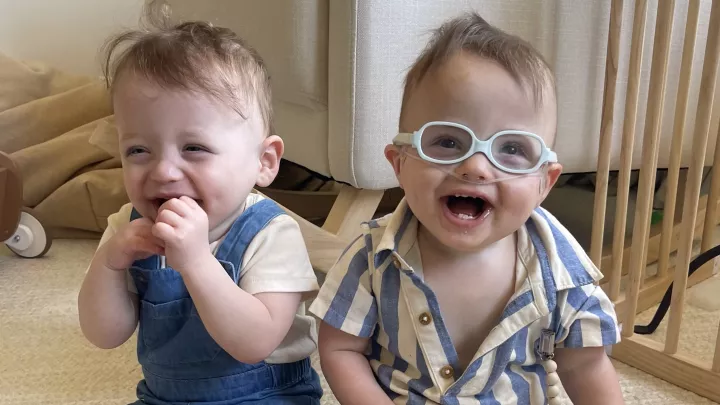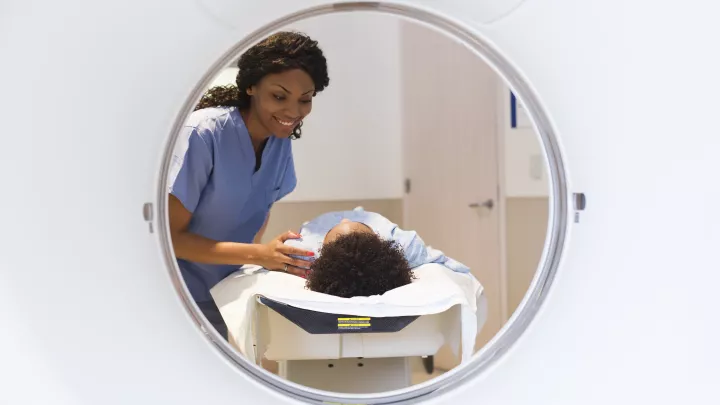Infant Chronic Lung Disease Research
Our team paves the way for infant chronic lung disease research with advanced tools and world-wide collaborations. We provide continued excellence and high-quality care for your child informed by our active research and innovation.
BPD Collaborative
Children’s Hospital Los Angeles is a member of the BPD Collaborative. The BPD Collaborative is an international alliance of medical and research centers working towards a cure for bronchopulmonary dysplasia (BPD).
Active membership allows our team members to engage in BPD research on a broad scale. It also allows your child to benefit from the expertise of specialists around the world. We work with more than 30 children’s hospitals and research institutions to improve long-term health for children with BPD.
Goals of the BPD Collaborative
As a group, the BPD Collaborative strives to:
- Standardize chronic lung disease care
- Improve the diagnostic process and disease management
- Optimize long-term health with infant BPD
- Promote collaboration among specialties
- Share important discoveries and care practices
Children’s Hospital Neonatal Consortium
CHLA is also a member of the Children’s Hospital Neonatal Consortium (CHNC). The CHNC database, which includes BPD-specific information from hospitals across the nation, helps improve quality of care and patient health. We use the CHNC as a resource to continue improving our infant BPD care in the Newborn and Infant Critical Care Unit (NICCU).
Our Research at Children’s Hospital Los Angeles
Infant BPD research at CHLA focuses on personalizing your child’s care. We aim to develop ways of knowing in advance which therapies will help your child. We also strive to find ways to predict how BPD will progress so we can better inform and prepare families.
In addition, our team is constantly striving to improve care for this complex lung disease. The best practices for BPD are constantly evolving. Our team provides the most up-to-date and evidence-based care by:
- Attending and presenting at national meetings
- Holding local multidisciplinary team conferences
- Participating in the BPD Collaborative
We follow consistent and objective care pathways that leave nothing to chance. And our care plans integrate the individual needs of your child and family.
Infant Lung Disease Program Research at CHLA
We apply everything we learn from our research to the everyday care of your child. Through collaborative and innovative research, we can improve care and outcomes for infants with BPD. Learn more about our management of bronchopulmonary dysplasia.


